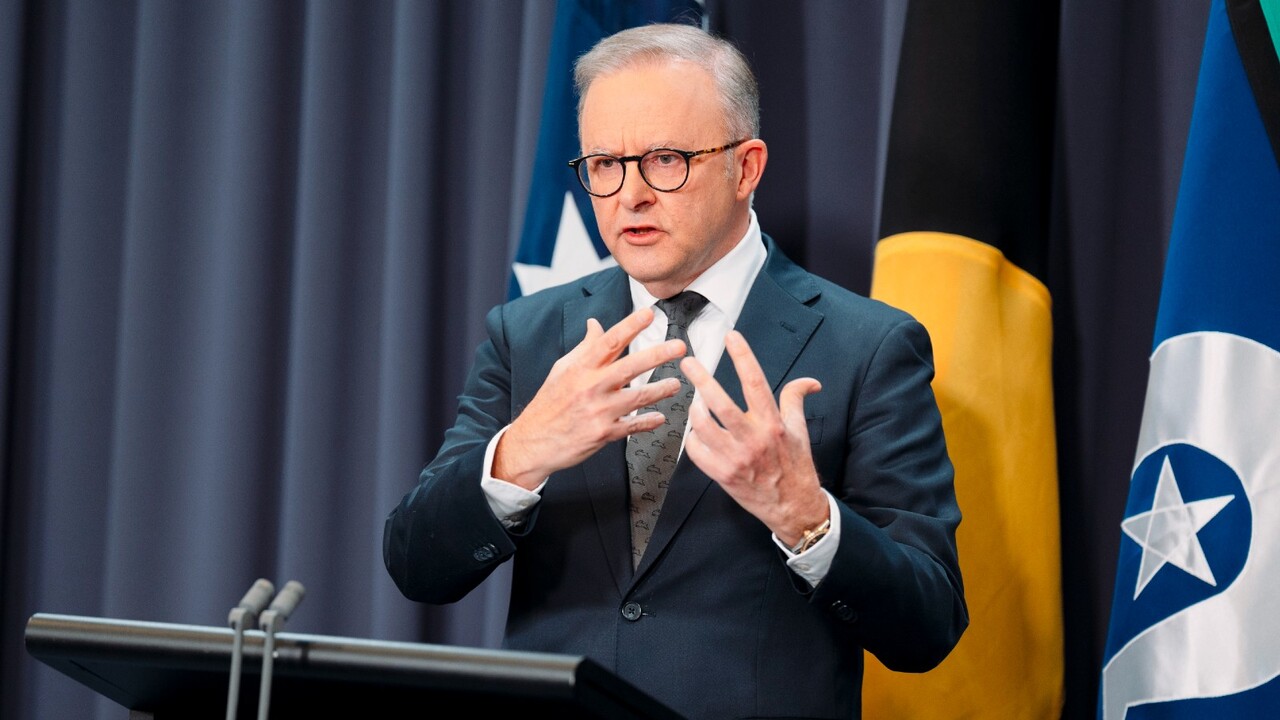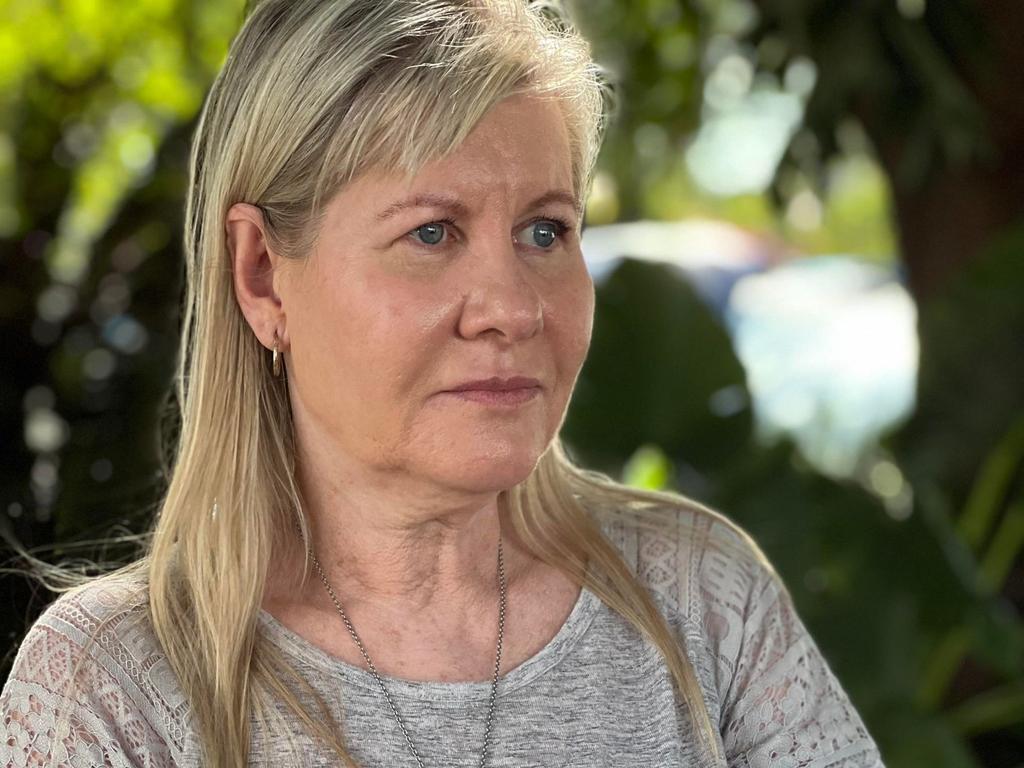Royal commission report should be a change-maker, not a dust collector


Here’s a third. There have been at least 57 previous inquiries relating to Defence and veteran suicide in Australia over the last three decades, none of which have improved suicide rates.
The Defence and veteran suicide royal commissioners want their three-year inquiry to be the change-maker, not another dust-collector.
They have made it clear there is a burning platform for cultural, structural and systemic reforms how Defence handles the care of its serving and former personnel.
And across 122 recommendations, they have set out a clear road map for this change.
But as any organisation, public or private, big or small, will know, culture change is hard yakka. It requires many elements all working together – buy-in from all levels, funding, accountability and most important of all, leadership.
“We’ve provided government a robust, evidence-based blueprint for real, meaningful and long-lasting reforms to drive improved health and wellbeing outcomes for our soldiers, sailors and aviators, and ultimately save veterans’ lives,” commission chair Nick Kaldas said on Monday.

Indeed they have. There are near-term recommendations to address urgent problems, notably a short, sharp inquiry by the end of the year into what the commission called the “weaponisation” of the military justice system, which it found was often more interested in protecting the institution than finding appropriate recourse for veterans, too often to their ultimate cost.
And there are longer term proposals, including for a new agency to support Defence personnel, especially in the first two years in their transition from military to civilian life.
One of the commission’s most disturbing findings was that the ADF had no knowledge of how many serving members had been convicted of sexual offences in civilian court, even if it was perpetrated against another serving member. Some members convicted of sexual offences in the military justice system remain in the service.
The 800 sexual assaults reported in the ADF over the last five years, bad enough, is considered significantly fewer than the total number of assaults. The commission heard historic, and contemporary, accounts of serving personnel being gang raped by fellow serving members.

It has called for a separate, independent inquiry into sexual violence in the ADF. It has also recommended mandatory discharge for members convicted of sexual offences and related offences including stalking and intimate image abuse.
The commission uncovered a Defence force rife with bullying, harassment, violence and abuse, all of which are risk factors for suicide and suicidality.
One in three ADF permanent serving males and more than half of females report experiencing such behaviour in the previous 12 months.
Among other proposals it recommends rooting out “hot spots” of unacceptable behaviour and addressing them, as well as support for victims having to navigate the military justice system.
Will there be appetite for such wide-ranging cultural and systemic change? In March this year former ADF chief General Angus Campbell addressed the commission to offer an unreserved apology for “deficiencies” in the care of veterans and supporting their wellbeing, accepting this had led to suicides within the force.
He said Defence was “committed … to doing better”.
Commissioner Kaldas has called for this and future governments to push beyond “bureaucratic inertia” to do “what is needed, what is necessary and what is right”.
Doing so would reduce the suicide risks of serving and former military personnel, cut the high rates of those leaving the force and help with recruitment.
If you or anyone you know needs support: 1800RESPECT 1800 737 732 Lifeline: 13 11 14 Beyond Blue: 1300 224 636






Just stop for a minute and consider this distressing statistic. On average there are three deaths by suicide of serving and former Defence members every fortnight. And another. One veteran has suicide-related contact with police and paramedics every four hours.